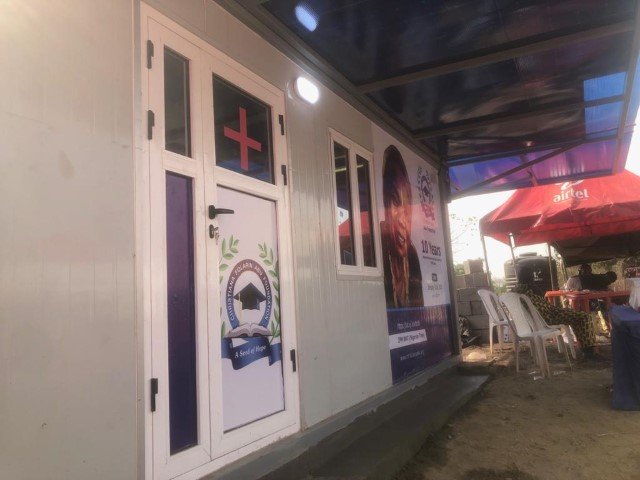Educating the Nigerian child plays a vital role in the infancy years of a child. A child’s early years lay the foundation for everything that is to come. It is at this stage of life children need to learn and develop their cognitive skills. In recent years, researchers have learned that the human brain develops the vast majority of its neurons, and is at its most receptive to learning, between birth and three years of age. In this article, the benefits of educating the Nigerian child today will be discussed. It will explain early childhood education and also give its importance to the learning and development of Nigeria. What is early childhood education? Early childhood education is a term used to explain any type of educational program that serves children in their preschool years. It is during this phase of life that the foundations for cognitive, physical, and emotional development are built. Young children generally start learning the basics of walking, talking, and naming colors and shapes at home. However, early childhood education creates room for children to apply what they have learned at home in an applied setting, mixing with other individuals outside of their homes. At an early age, the brain develops much faster, this is as a result of the neuron. More than a million-neuron connections grow each second during the first few years of life. It is at this stage young children are expected to strengthen and increase their cognitive and physical skills. Educating the Nigerian child today will challenge, motivate and nurture the formative early years of life to give the child every possible chance for healthy development. It’s important for early childhood educators in Nigeria to teach young children skills that can develop their mindset, especially children in Nigeria. Skills such as physical, social, literacy, thinking (cognitive) are crucial to the growth of young children. Educating the Nigerian child can be beneficial for young children who lack the resources and opportunities. It can be particularly powerful for the development of kids from low-income families and for those at risk for academic failure, helping to level the playing field and ensure all children have the chance to develop the right skills needed to excel in school and in life. Why Educate the Nigerian child today A lot of parents in Nigeria are not aware of the benefits of education to their children. Some do not even see the need for enrolling their children in preschool or kindergarten, as they do not see the importance of this stage of education. This is the wrong notion, as early childhood education is vital to the growth and development of your child. 5 Benefits of Educating the Nigeria Child Enhanced Social Skills Young children enjoy playing and communicating with their mates, and the preschool environment gives them the opportunity to do just that. Besides, the environment enables children to acquire crucial skills that allow them to listen to one another, express ideas, make friends, and collaborate. One major advantage of social skills in childhood education in Nigeria is the fact that it plays a key role in facilitating a student’s achievement in reading and mathematics by directly influencing motivation, which in turn influences engagements. Desire to learn In most cases, students who receive quality childhood education in Nigeria are reportedly more confident and inquisitive, which causes them to perform better in grade school. Educating young children in Nigeria helps them to learn how to manage challenges and build resilience in times of difficulty. You will find that students who begin school from the preschool settle easily at the institution and they acquire a long-term interest in learning different things, including music, drama, singing, etc. Encouraging comprehensive Development Educating a child in Nigeria provides a strong footing for their development. It helps to build a child’s cognitive, physical, social, and emotional proficiency which will prepare them for life challenges. At an early age, children are curious to learn. However, we can’t ignore the difficulty in finding qualified Educators in Nigeria. Early childhood education is unique in its requirement of trained teachers. The reason why it is hard to find capable teachers to teach early childhood education in Nigeria is that competent educators won’t accept the low salary offered by institutions in the country. Therefore, this forces preschools in Nigeria into cutting corners, by hiring unqualified teachers that may not be suitable for the job. Which in the long run, will affect the quality of education being served to the children. Acceleration Self-Confidence By interacting with other children and teachers, children develop a positive mindset and perception of themselves. A child at three years, when compared to other children who might be older, will display a level of boldness and articulation — this is as a result of early education. Improved Attention Span Young children always find it difficult to pay attention in the classroom, especially from age 3 to 5 years. The length of time during which preschool children concentrate has always been a concern for educators and teachers. Nevertheless, if young children are taught early in Nigeria at a tender age, this will help improve their attention span. Motor skills are very crucial to young children — tasks such as painting, drawing, playing with toys can go a long way in improving their attention. There are so many other benefits of Educating a Nigerian child. Parents must also be supported to make decisions that help in educating the Nigerian child. Educating the Nigerian child is the right of the child and there are a lot of issues that affect the education of a Nigerian child.






